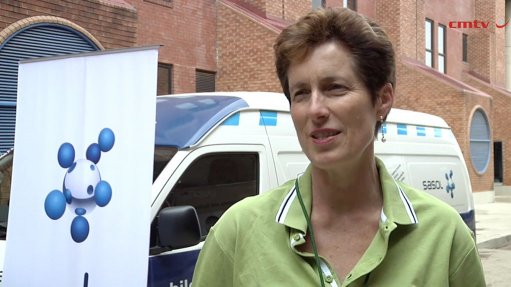
The latest mobile laboratory of the Department of Science and Technology, launched on Friday, has robotics kits that children use to build and program robots, thereby inspiring them to pursue careers in science, mathematics, engineering and technology.
The inspire science, engineering and technology (i-Set) project leader and University of South Africa (Unisa) lecturer Patricia Gouws said the eight other mobile laboratories, sponsored by petrochemicals major Sasol, will also be revamped to include robotics kits alongside the physical and chemical science kits.
“Within two hours, the children cross the barrier from being apprehensive about technology, robotics and programming to being excited and among the few who were exposed to, and have used, these technologies.”
Robotics has been demonstrated to have a huge impact on the children exposed to it and the mobile laboratories aim to make this possible in many communities, she said.
The i-Set programme trains facilitators, who are mainly undergraduate students from Unisa, to work with the children in small, intimate groups conducting experiments and building robots. Crucially, the facilitators communicate the scientific principles to the children in their mother languages, she added.
“We have the Lego Education EV3 Mindstorms robots in the kits. The children start by building a basic robot, such as a wheeled robot, and then programming it. Once the robot can move around, the children modify it and change it and reprogram it.
“Many youngsters are apprehensive about coding and technology, but once they have experienced its use, these barriers evaporate.”
The mobile laboratory programme is in its tenth year and some of the children who were exposed to sciences through the mobile laboratory programme have gone on to attend prestigious institutions, such as the Massachusetts Institute of Technology, highlighted Gouws.
“Ten-year-old children are not aware that programming and engineering is considered difficult and, through exposure, never develop the fears and phobias that many of us have about the difficulty of using technology.”
The partners are set to sign a memorandum of understanding at the Unisa Science Campus, in Florida, Johannesburg, on Friday afternoon.